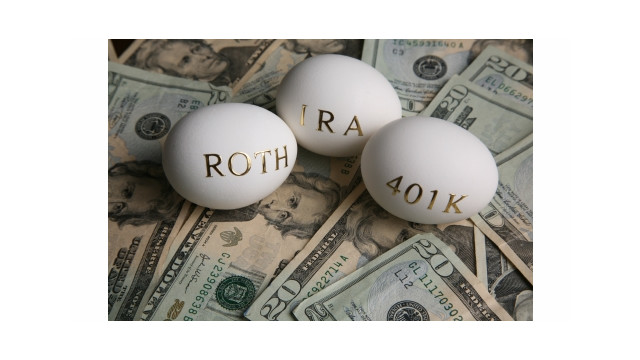We don’t have to tell you that this year has been different than most, starting with a global pandemic, a contentious presidential election and protests about racial injustice. It’s different from a financial and tax perspective, too: You don’t have to take any required minimum distributions from your qualified plans and IRAs this year.
Notably, the RMD rules for qualified plan and IRA participants, including those with inherited accounts, were suspended for the 2020 tax year by federal law. However, barring any subsequent legislation, you must resume or start RMDs in 2021 under a new set of rules.
Background: The tax law imposes a penalty for failing to take RMDs from qualified plans—like 401(k) plans, pension plans and 403(b) plans—and traditional IRAs on time. (This doesn’t apply to Roth IRAs during the participant’s lifetime.) The penalty is equal to a whopping 50% of the amount that should have been withdrawn in addition to the regular income tax owed on distributions. The distributions are taxed at ordinary income rates currently topping out at 37%.
The required withdrawal amount is based on life expectancy tables provided by the IRS and your account balances on the last day of the prior year. For instance, RMDs for 2020 were supposed to be based on account balances on December 31, 2019. Note: The IRS has just updated the tables to reflect longer life expectancies. These revised tables will take effect in 2022.
Furthermore, although payouts from qualified plans and IRAs don’t count as “net investment income” (NII) for purposes of the 3.8% tax, these distributions still increase your modified adjusted gross income (MAGI) under the NII tax calculation
Generally, you must begin taking RMDs by a “required beginning date” (RBD). Prior to 2020, the RBD was April 1 of the year following the year in which you turned age 70½. But the Setting Every Community Up for Retirement Enhancement (SECURE) Act pushed back the RBD to April 1 of the year following the year in which you turned age 72, beginning in 2020.
Therefore, under the SECURE Act, you didn’t have to take an RMD for the 2020 tax year if you turned age 70 on December 1, 2020. But this quickly became a moot point.
New law update: The Coronavirus Aid, Relief, and Economic Security (CARES) Act, passed soon after the SECURE Act, completely suspended the RMD rules for 2020, even for those who inherited accounts from participants past their RBD. But the CARES Act provision is a one-time reprieve. Expect to have to take RMDs in 2021 if dictated so by the applicable RBD.
Note that you don’t have to take RMDs from any one account. You can divide up the distributions anyway you see fit as long as the total equals or exceeds the required amount. This gives you flexibility to cherry-pick the accounts you intend to raid.
Of course, if you need extra money around the holidays, you can still withdraw amounts from your qualified plans and IRAs late this year. Just consider the tax consequences.
Thanks for reading CPA Practice Advisor!
Subscribe Already registered? Log In
Need more information? Read the FAQs




